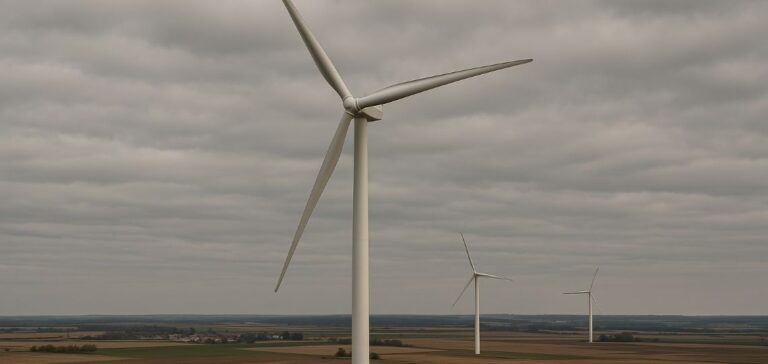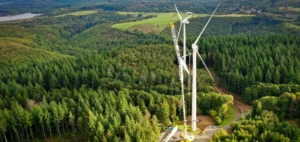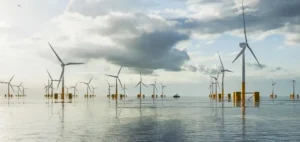French pharmaceutical group Sanofi signed a Power Purchase Agreement (PPA) in early 2025 with the French subsidiary of electricity producer and supplier RWE. The contract binds both companies for a 20-year period, with an estimated annual output of 21 gigawatt hours (GWh), provided by the Chemin de Châlons 1 wind farm located in the Marne department.
A long-term commitment to wind power generation
The wind farm involved in this agreement has an installed capacity of 9 megawatts (MW), distributed across three turbines. According to data shared by RWE, this volume is expected to meet Sanofi’s specific electricity needs over the long term. The contract is based on a predetermined electricity price, a critical factor for large companies facing volatile energy markets.
An industrial-scale contracting strategy
RWE, through its division RWE Renouvelables France, is expanding its portfolio of direct supply contracts with industrial clients. These agreements include onshore wind, offshore wind and solar energy sources. Joseph Fonio, President of RWE Renouvelables France, stated that the long-term contract reflects mutual trust between the two parties.
An energy security tool for industrial groups
PPAs signed without public subsidies enable companies to gain budget predictability over their energy expenditures. They are increasingly seen as a strategic tool for energy management among industrial groups. Sanofi thus joins a growing number of corporations using these contracts to stabilise costs and secure long-term electricity supply.






















